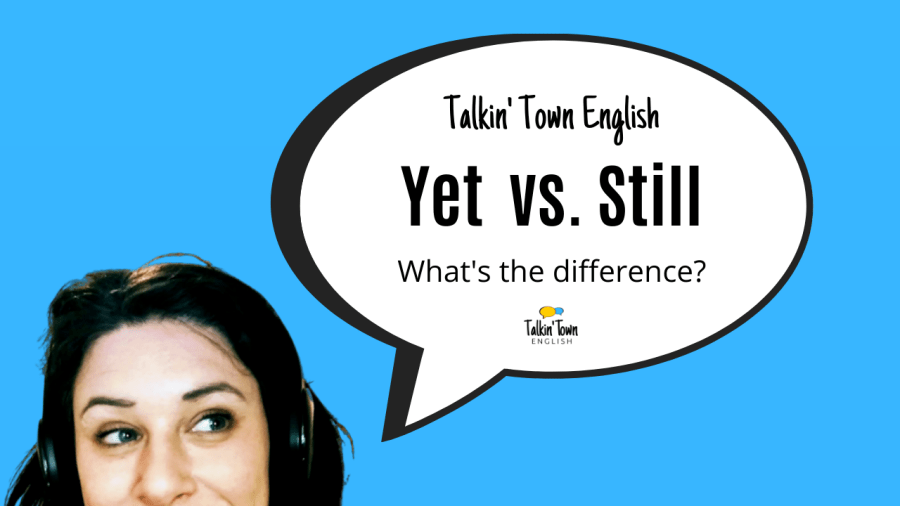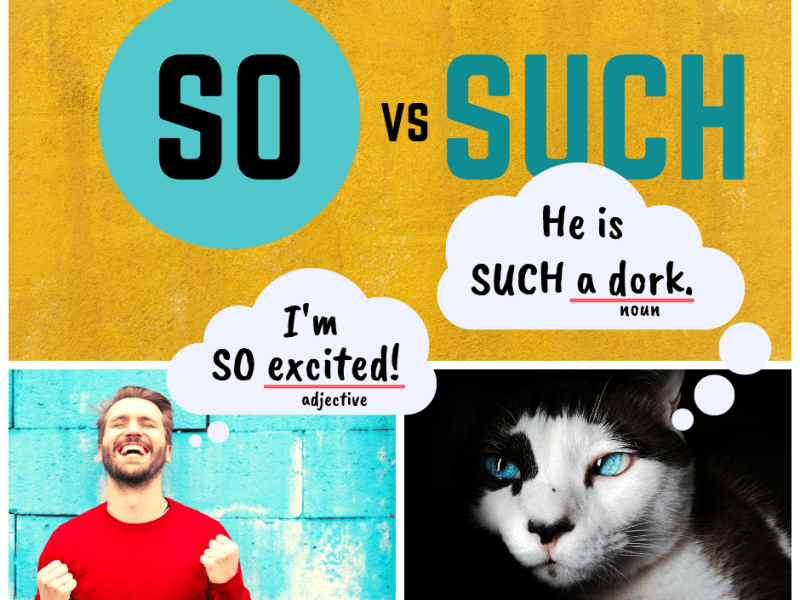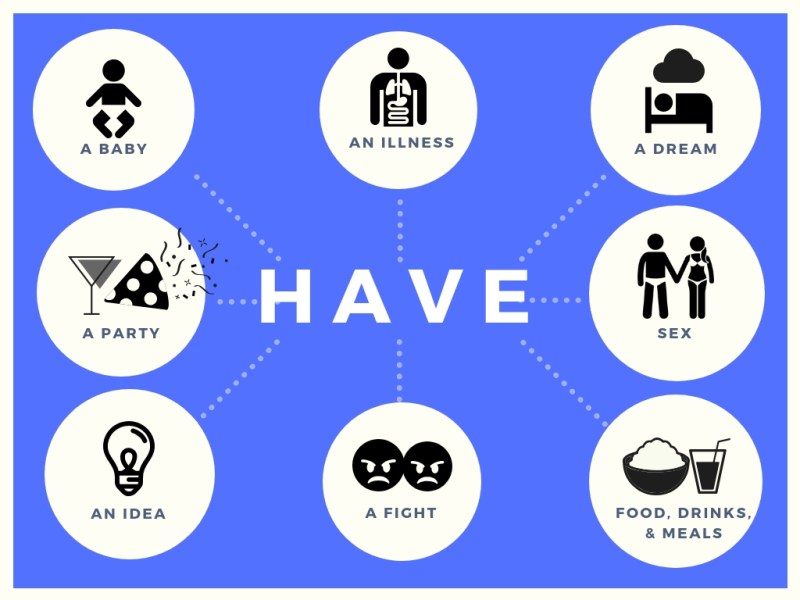Tag: ESL
Used to vs. Usually: What’s the Difference?
Used to When I was a kid, I used to jump off cliffs into the…
Yet vs. Still: What’s the difference?
https://www.youtube.com/watch?v=ZEuYEOmGC0I&t=33s Yet vs. Still: Do you know the difference?
English Expressions You Can Fall in Love With
With Valentine's Day coming up, I wanted to share some great expressions and idioms for…
Borrow or Lend: What’s the difference?
It's easy to confuse these two terms. They are used when we give or take…
Too vs. So: What’s the difference?
TOO = A negative description When something is not good, or you don't like it,…
So or Such: What’s the difference?
Cats are so funny. You never know what they are really thinking about you, but…
History vs. Story: What’s the Difference?
History: The study of past events or people History is a subject that we…
3 Confusing Verbs and How To Pronounce Them: Feel, Fall, and Fill
Three verbs that are often confusing for English students are feel, fall, and fill, especially…
Expressions with the Verb TO HAVE
I hope everyone is having a very Happy New Year so far! I think 2019…










